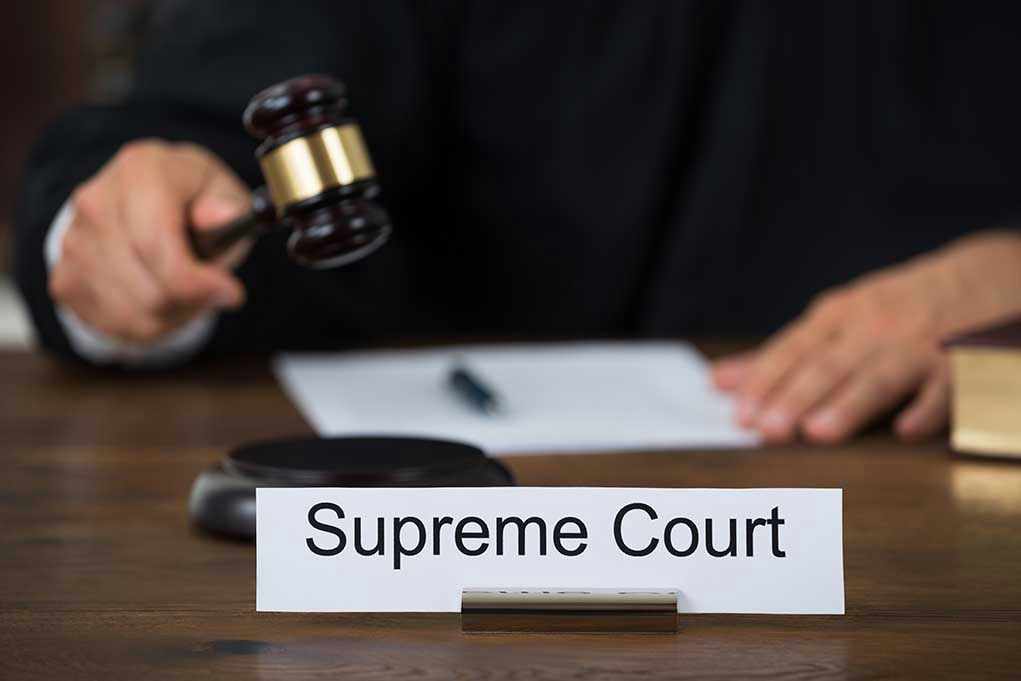
The U.S. Supreme Court’s decision to deny Ghislaine Maxwell’s appeal solidifies her conviction, sparking discussions on prosecutorial discretion in high-profile cases.
Story Overview
- Supreme Court denies Ghislaine Maxwell’s appeal, leaving her 20-year sentence intact.
- Maxwell’s appeal argued protection under Epstein’s 2007 non-prosecution agreement.
- Denial highlights ongoing scrutiny of Epstein-related prosecutions.
- Decision leaves unresolved legal questions about the scope of non-prosecution agreements.
Supreme Court’s Firm Stance
On October 6, 2025, the U.S. Supreme Court chose not to hear Ghislaine Maxwell’s appeal of her conviction and 20-year sentence for sex trafficking minors. Maxwell contended that a 2007 non-prosecution agreement (NPA) between Jeffrey Epstein and federal prosecutors in Florida should have shielded her from prosecution in New York. This decision leaves her conviction and sentence firmly in place.
The NPA, signed in 2007 by Epstein, included a clause about “potential co-conspirators,” which Maxwell’s legal team argued protected her from prosecution beyond Florida’s jurisdiction. However, prosecutors and courts disagreed, leading to Maxwell’s conviction in 2021 and subsequent sentencing in 2022. The Supreme Court’s denial to hear the appeal underscores a commitment to upholding convictions in complex, high-profile cases.
Legal and Historical Context
Jeffrey Epstein, a financier accused for years of sexually abusing underage girls, avoided federal charges in 2007 by securing an NPA with federal prosecutors in Florida. This agreement, criticized for its leniency, included a clause that appeared to protect “potential co-conspirators.” Epstein was arrested again in 2019 on federal sex trafficking charges but died in custody before standing trial. Maxwell, his longtime associate, was consequently arrested, tried, and convicted for her role in the sex trafficking ring.
The handling of Epstein’s prosecution, combined with broader #MeToo movement concerns, has kept the public’s attention on prosecutorial discretion and plea agreements. Maxwell’s case, particularly the interpretation of the NPA, has been central to ongoing legal debates and public scrutiny.
Implications and Future Outlook
Maxwell’s conviction remaining intact reinforces the ability of federal prosecutors to pursue co-conspirators in high-profile sex trafficking cases. The Supreme Court’s refusal to resolve the circuit split on the scope of NPAs leaves legal uncertainty in other jurisdictions, potentially affecting future plea negotiations and agreements. This decision emphasizes the importance of clarity and consistency in federal criminal law.
While victims of Epstein and Maxwell’s crimes may see the court’s decision as a form of justice, the legal community continues to debate the reach and interpretation of NPAs. This case may influence how future NPAs are structured, especially in cases involving multiple jurisdictions.




